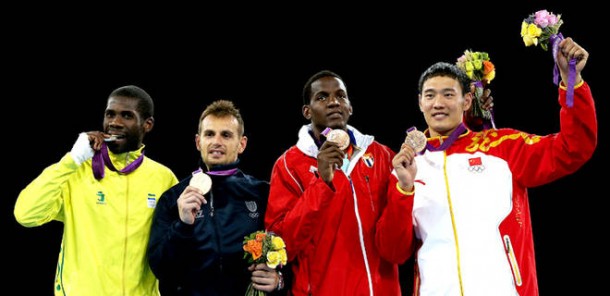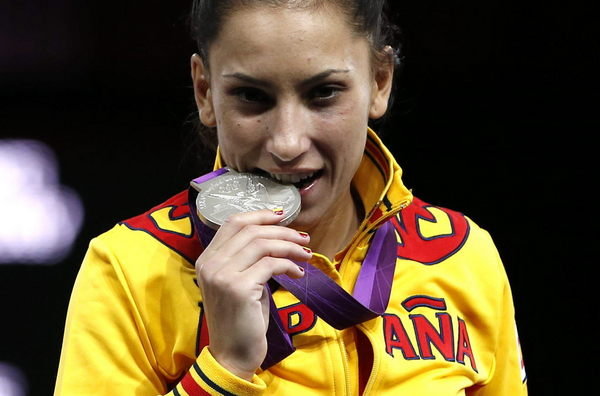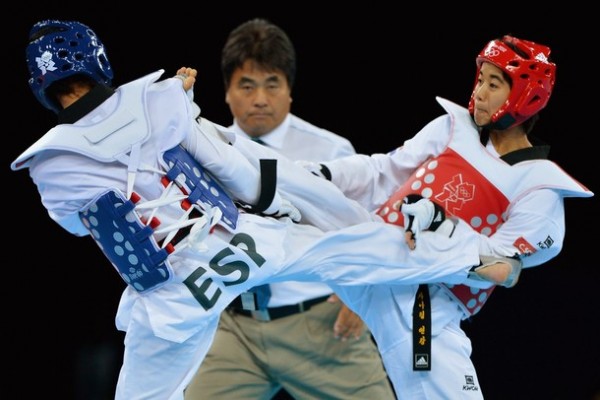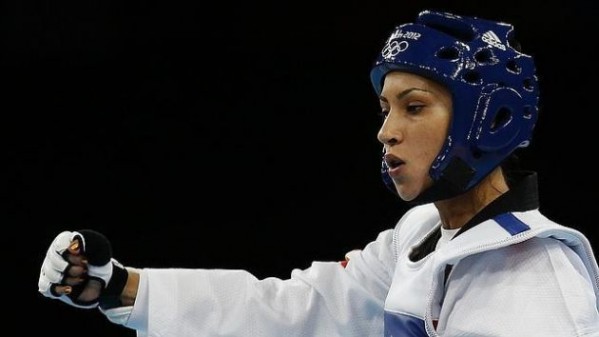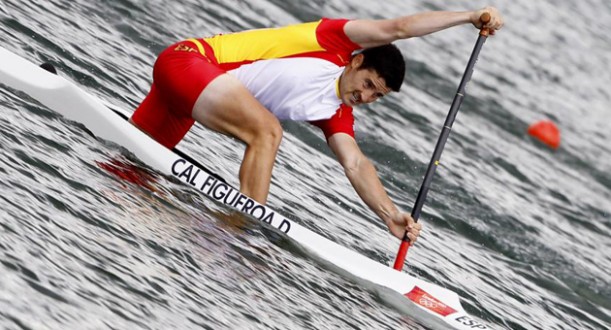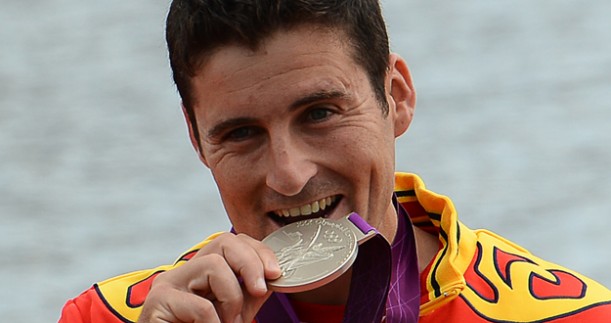
“Age is nothing but a number” is more than a saying for Félix Sánchez… It’s a reality, following his gold medal performance at the 2012 Olympic Games.
Two weeks before his 35th birthday, the Dominican American track veteran—considered years past his prime—surprised many held off Michael Tinsley of the United States and pre-Olympics favorite Javier Culson of Puerto Rico to win the 400m hurdles final at the London Games. He’s now the oldest man to win the 400m hurdles Olympic Gold.

Sánchez, the 400m hurdles gold medalist at the 2004 Olympic Games in Athens, repeated American Angelo Taylor‘s feat of grabbing a second Olympic gold eight years after his first. Taylor, the defending Olympic champion in the event, ended in fifth place.
Sánchez dedicated his win to his late grandmother Lilian, who passed away the morning of the first race in defense of his title at the 2008 Olympic Games in Beijing.

Grief-stricken, Sánchez ran his preliminary race in Beijing that night in a disappointing 51.10 seconds, more than three seconds off his personal best and too slow for him to advance to the semifinals.
“It was a very difficult day for me,” he told reporters afterward. “My heart was anywhere but on the track.”

Four years later, Sánchez’s mind was back on his grandmother. He ran with a photo of the two of them pinned beneath his race bib and “Abuela” written on his yellow spikes.
And after those shoes carried him to victory , giving the Dominican Republic its first medal at the London Games, Sánchez pulled out that picture, placed it down on the track, knelt and tenderly kissed the image of the woman who raised him.

“”I’ve been really emotional all week, thinking about her,” said Sánchez. “I just wanted to make her proud… The day she died in Beijing it broke my heart. That’s why I ran with the picture close to my heart.”
Sánchez’’s victory will undoubtedly rank as one of the most unlikely gold medal-winning efforts of this week’s track and field competition. After all, he’d won two world championships, an Olympic gold medal and 43 races in a row from 2001 to 2004, but he hadn’t been in his best form recently.

But Sánchez showed he was in it to win it in the semifinals when he ran the fastest time in any of the heats. And he followed that up with that remarkable race in the final, staving off a hard-charging Tinsley over the final two hurdles to capture gold.
During the medal ceremony, Sanchez couldn’t contain his emotion on the medal stand, bawling uncontrollably as his country’s national anthem played and the Dominican Republic flag was raised.


